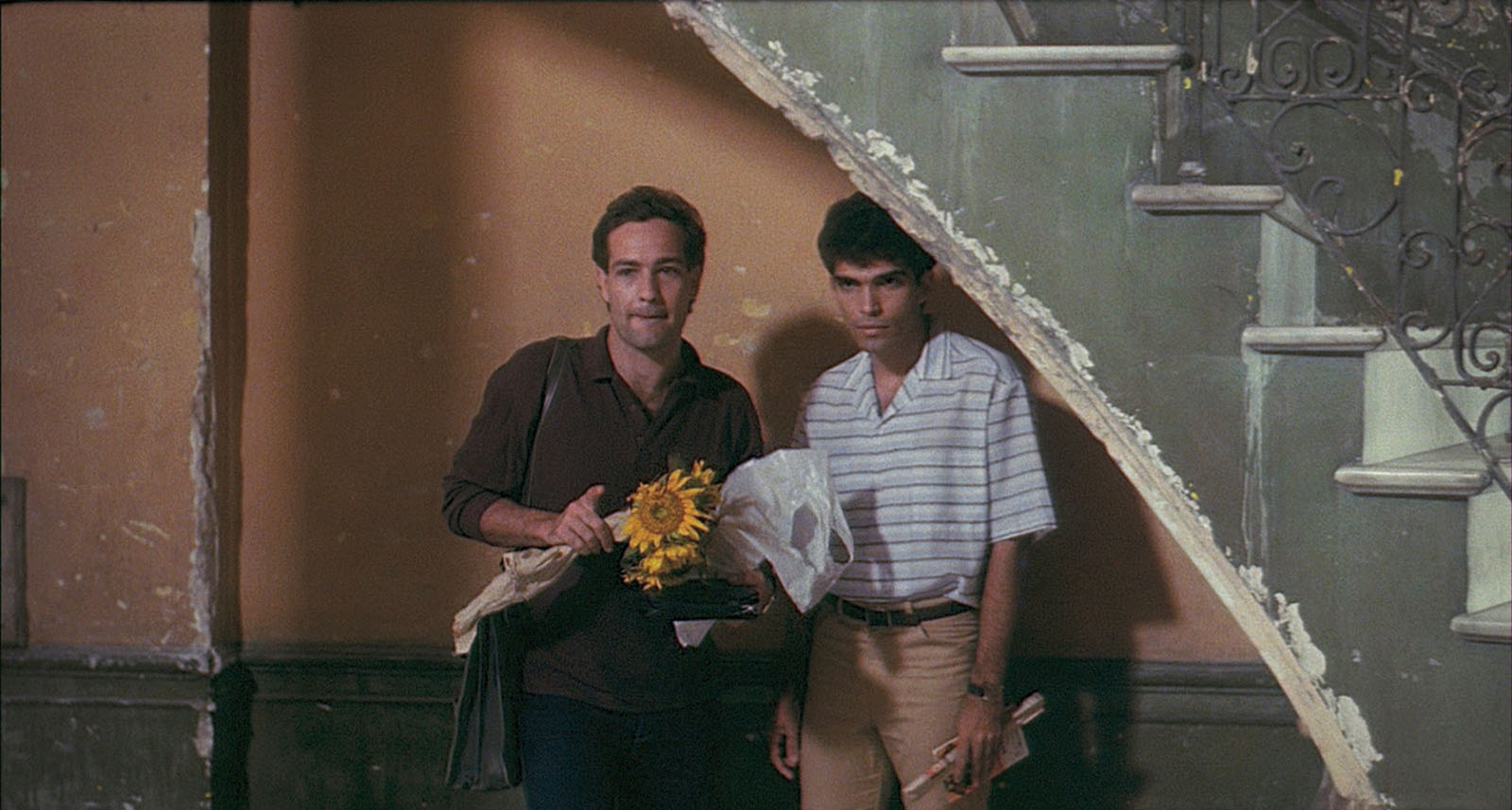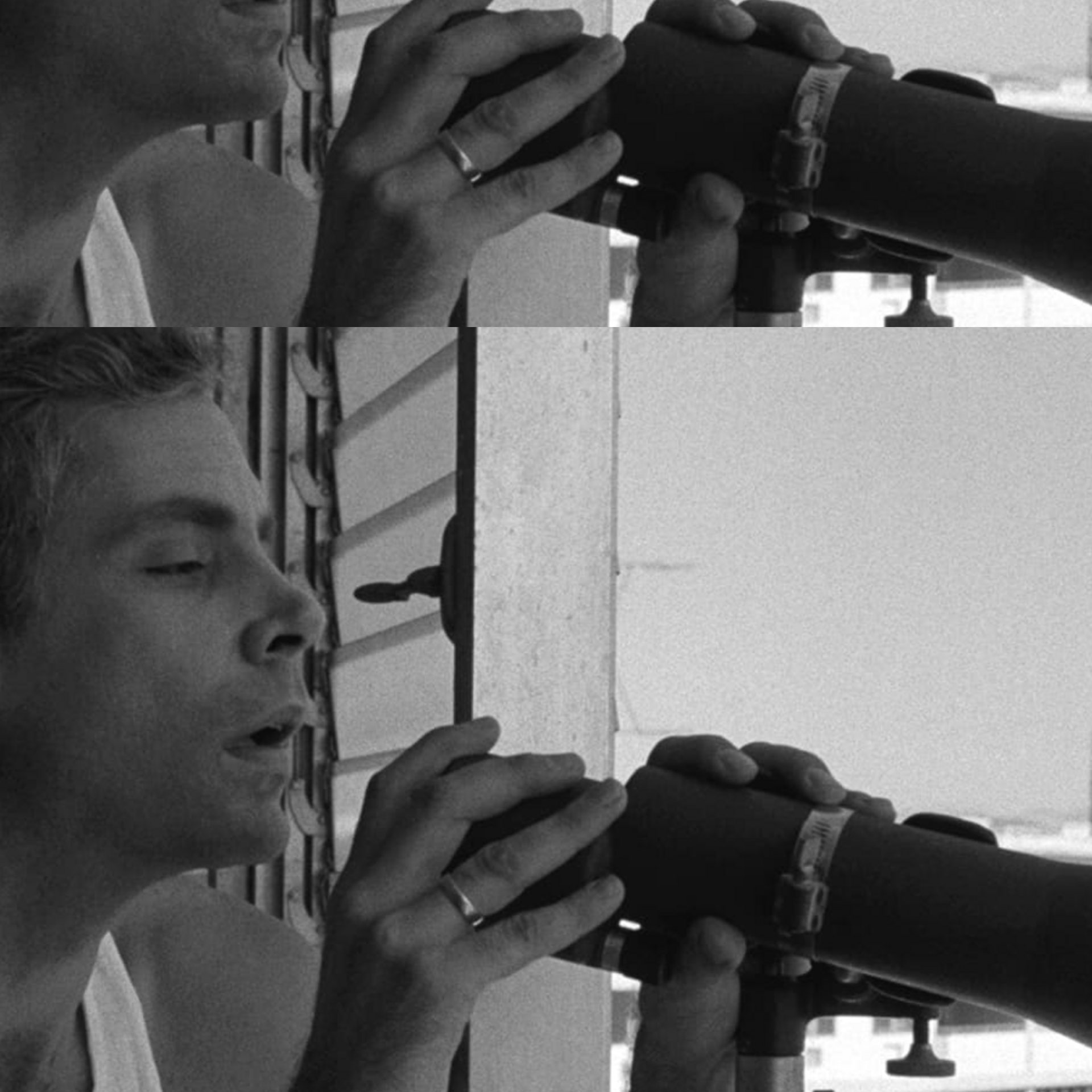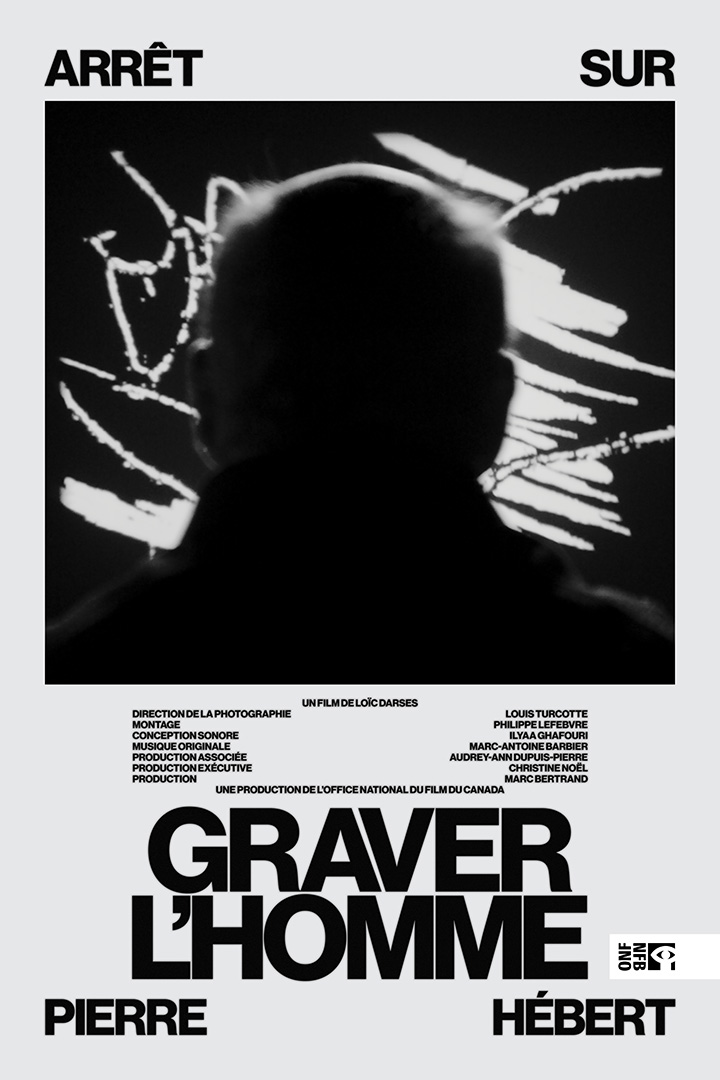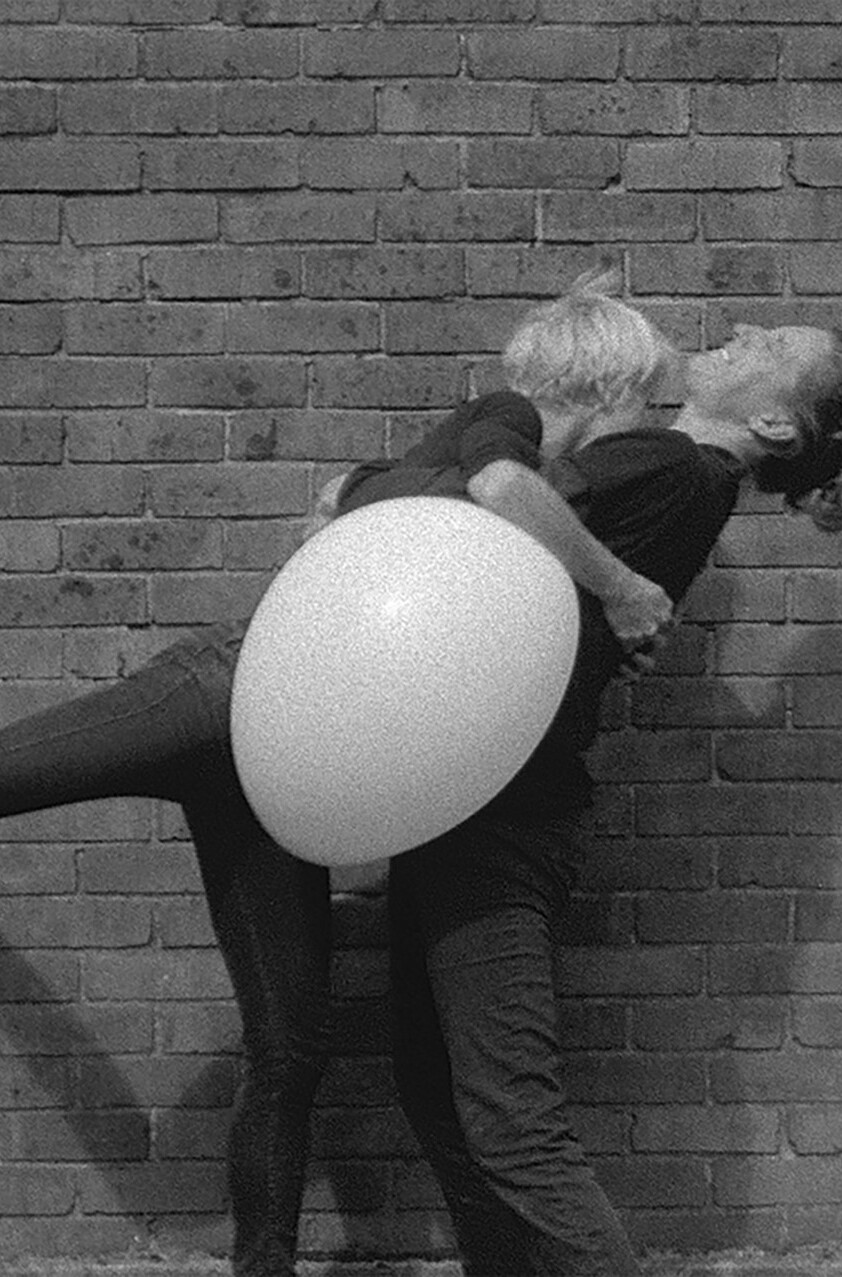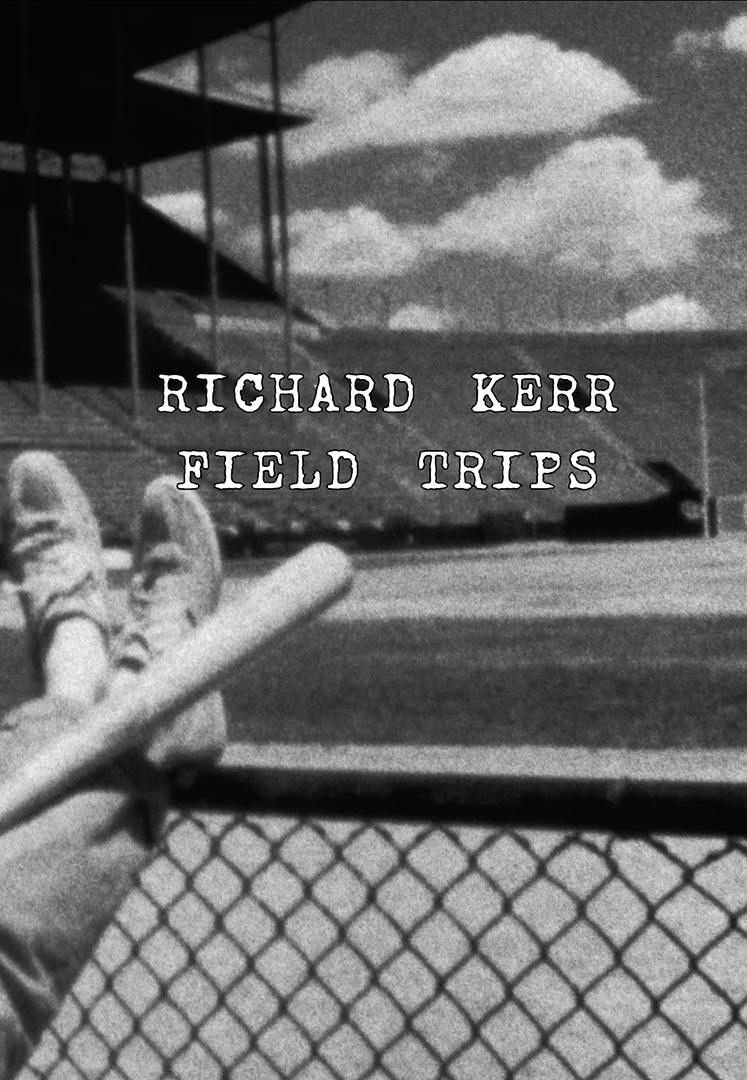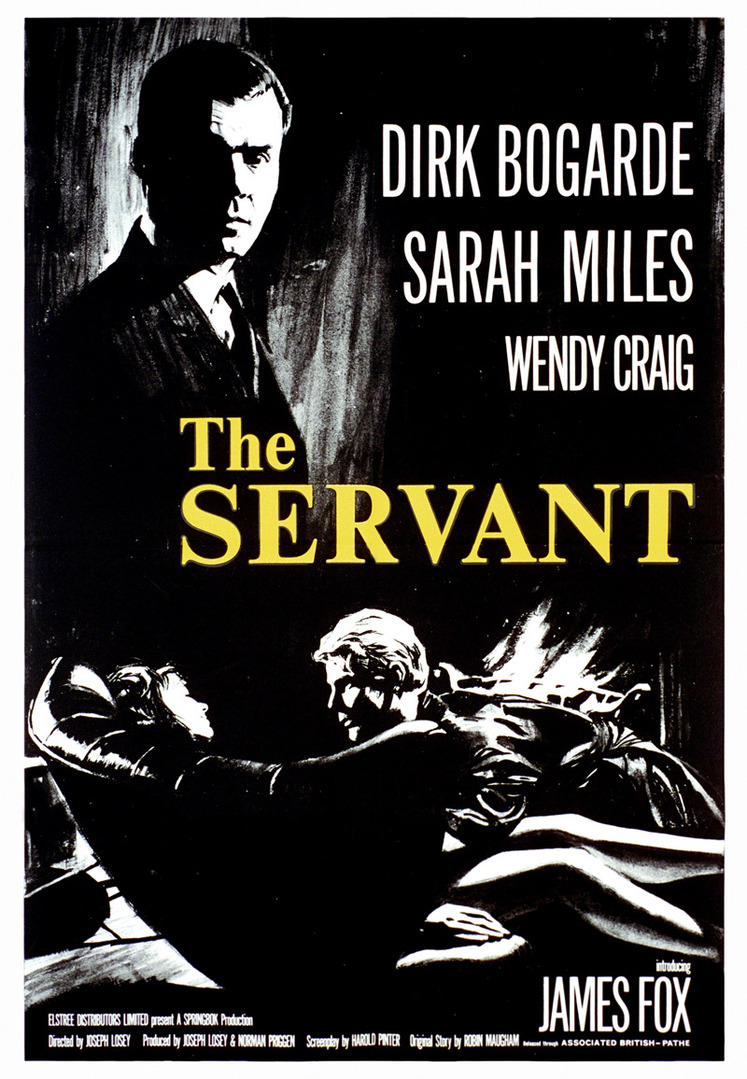Strawberry & Chocolate
We have several dozen Cuban films in our archives, allowing us to document the inspiration and creativity of filmmakers who, shortly after the Cuban revolution, devoted their cameras to documenting daily life, individual questions and collective movements.
Havana, 1979, David is a straight student who believes in Castro ideals and is a member of the Communist Youth. He meets Diego, a gay artist living on the fringe. While nothing seems to connect them, their eagerness to listen to each other allows their relationship to blossom.
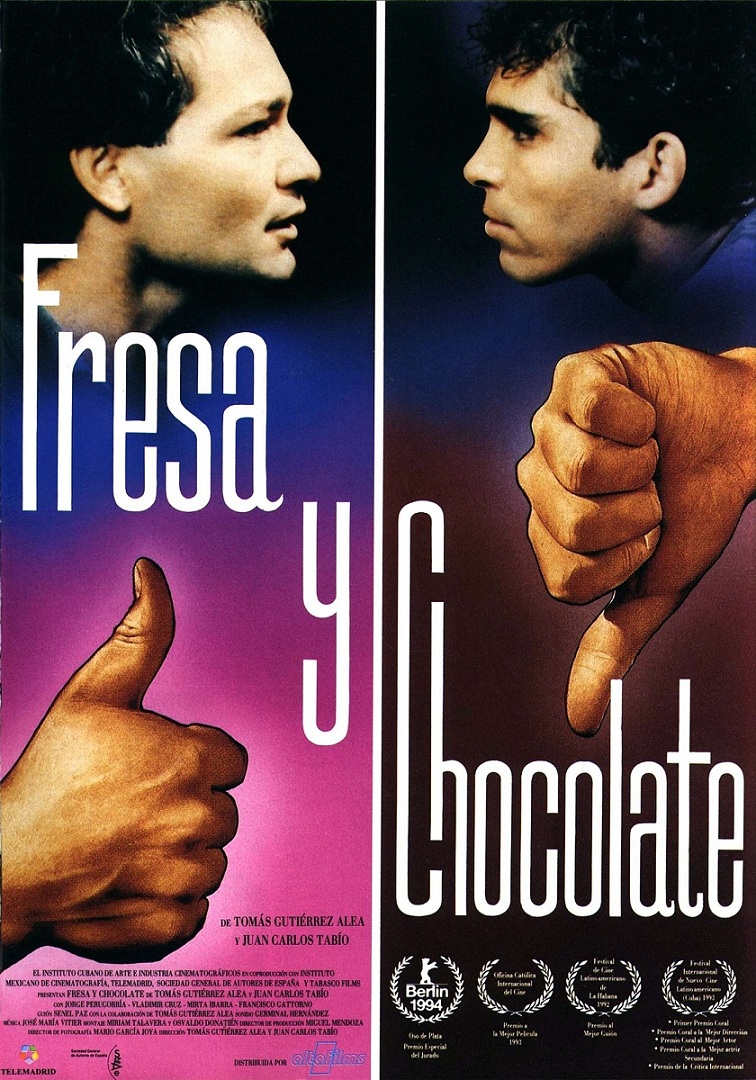
Tomás Guttiérez Alea
Born in Havana in 1928, Tomás Guttiérez Alea studied law before focusing on his passion for cinema, combining it with his interest in politics and social issues. He studied filmmaking in Rome and then, on his return to Cuba, co-directed his first medium-length documentary with Julio García Espinosa. In 1959, with García Espinosa and others, he founded a Cuban film institute under the new government of Fidel Castro. In the 1960s, he made several films inspired by the historical and political context, expressing his criticism of Cuban society while hoping to change the revolutionary situation for the better. During this decade, he made two major films, Death of a Bureaucrat and, above all, Memories of Underdevelopment. In the second half of the 1970s, his work was honored by numerous international tributes. At the end of his life, he and Juan Carlos Tabio directed Strawberry and Chocolate, a critical and public success that became the first Cuban film to be nominated for an Oscar for Best Foreign Film.
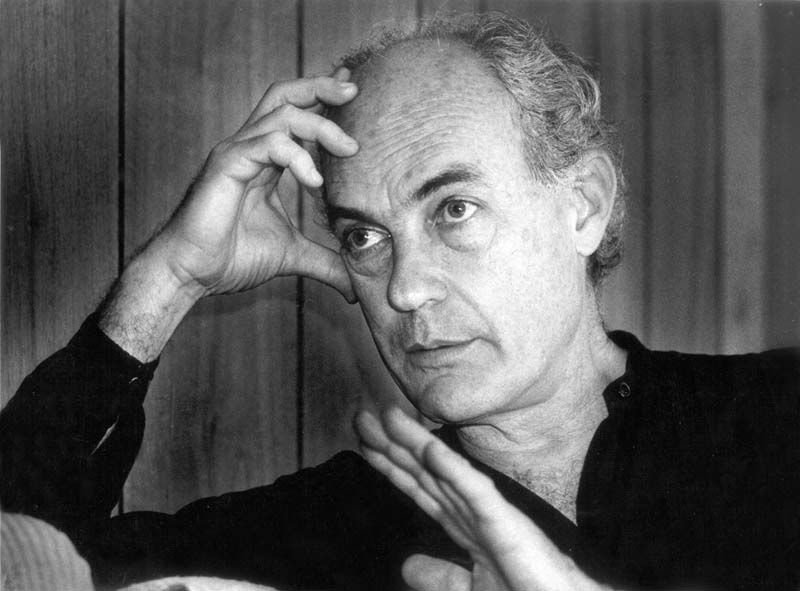
Explore
Sur notre blogue
Tomás Gutiérrez Alea: accompagner la révolution
Dans notre cycle Cuba – Après la révolution, les films de Tomás Gutiérrez Alea tiennent une place de choix. Tout au long de sa carrière, le cinéaste a en effet abordé la révolution cubaine, filmé son inscription dans le quotidien et accompagné sa pensée.
